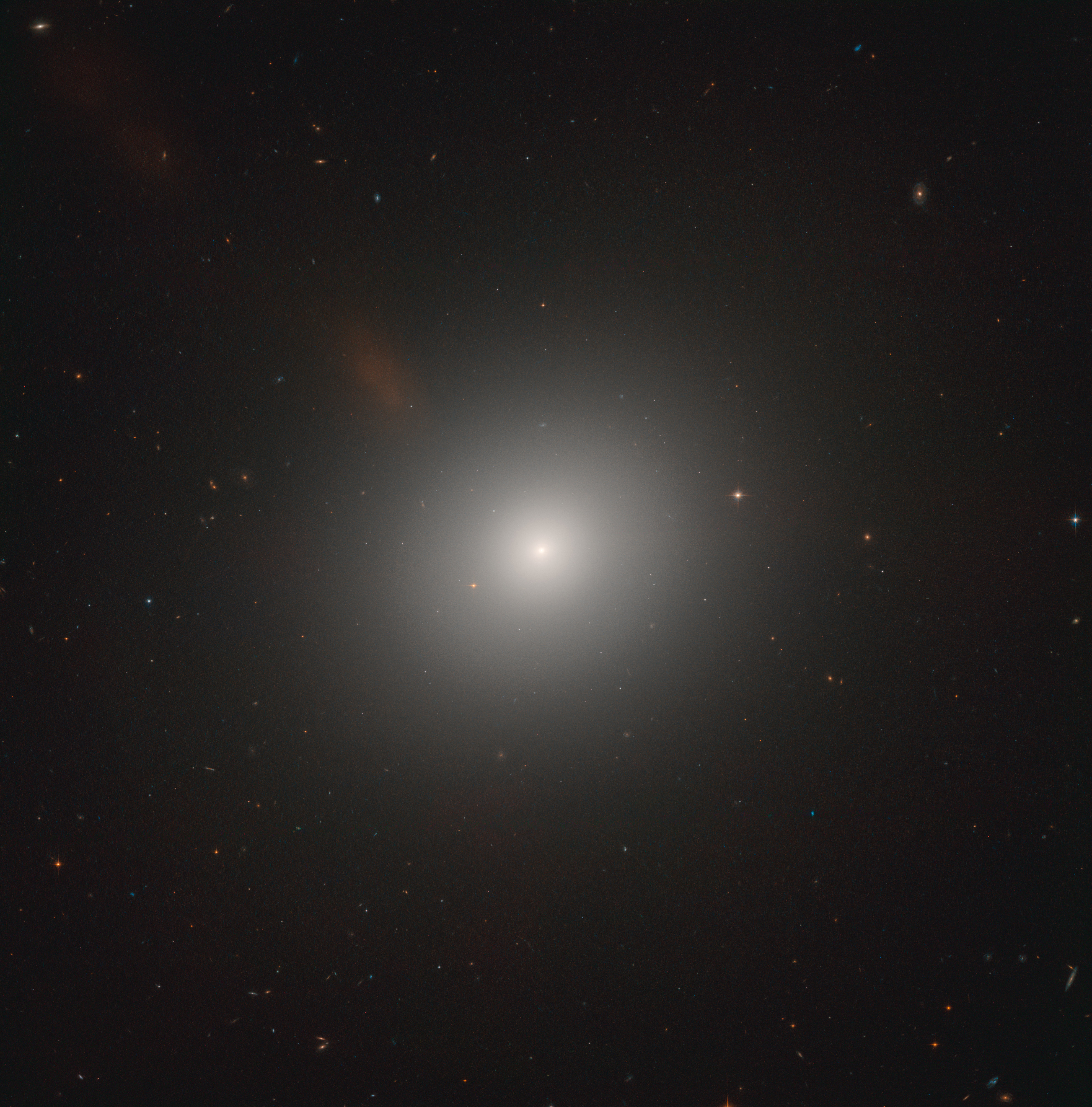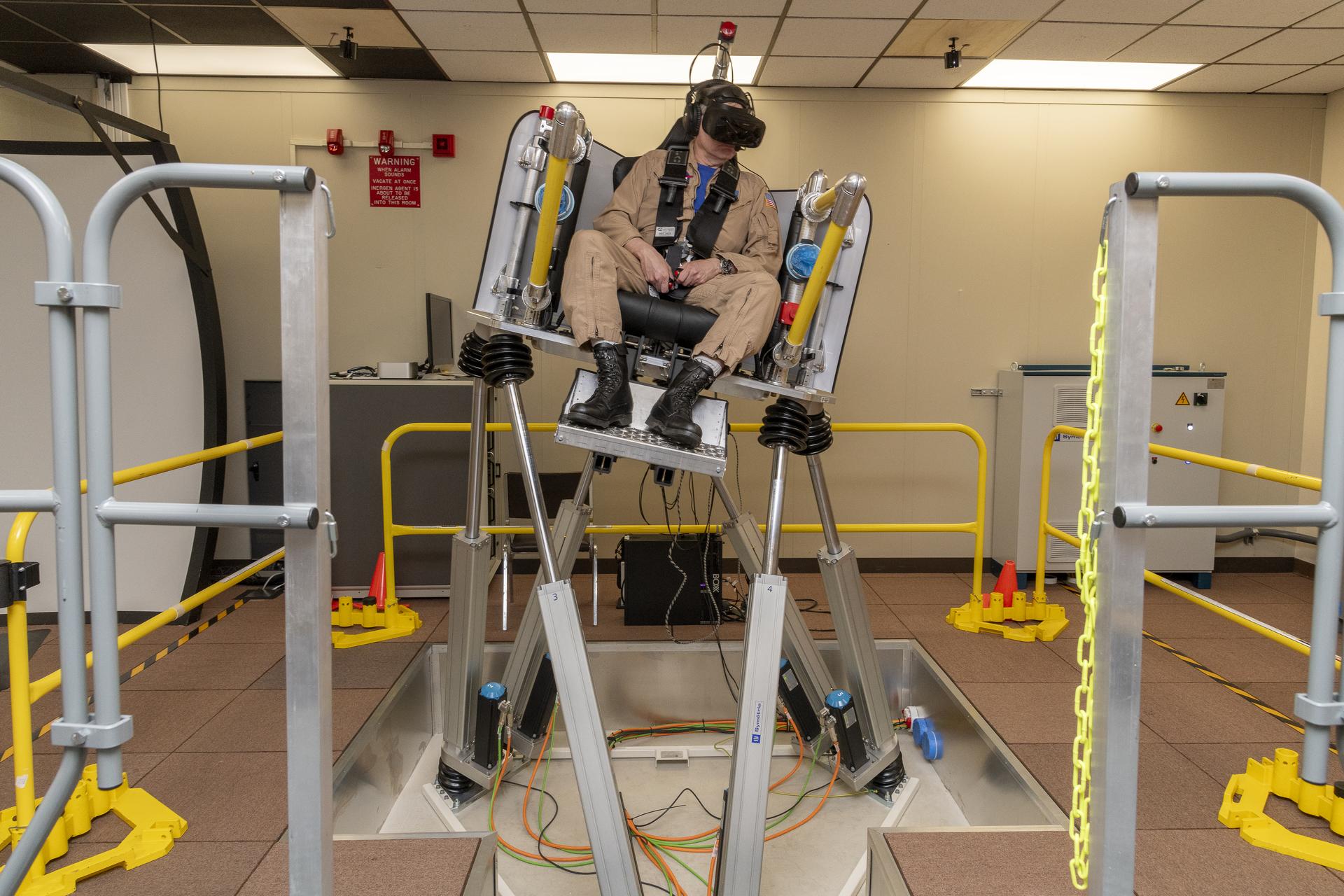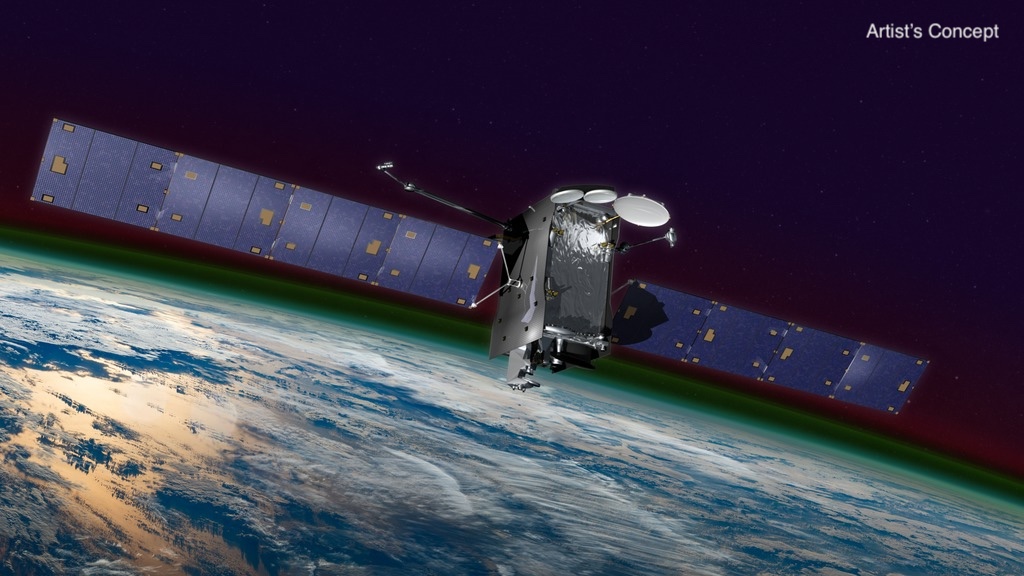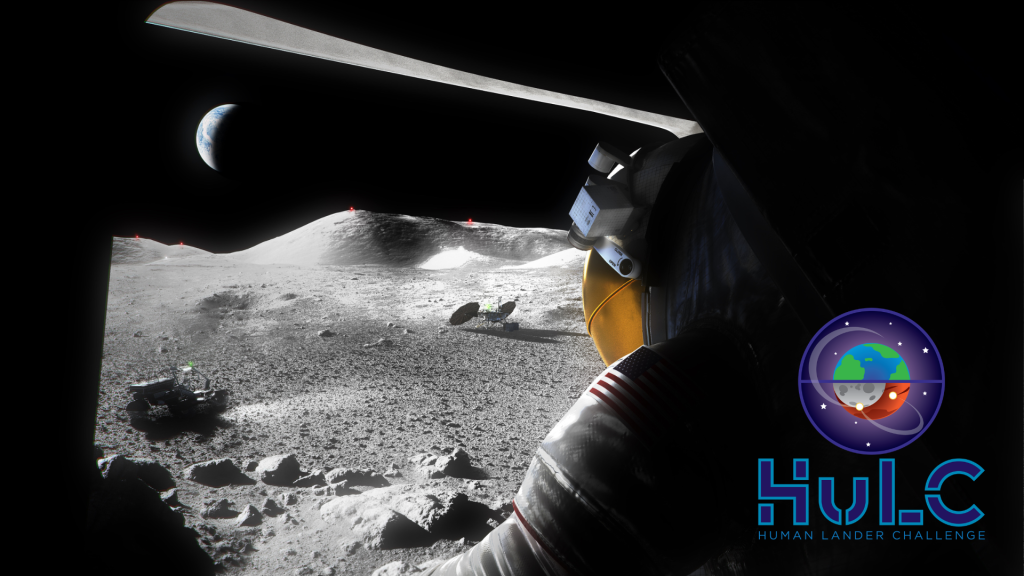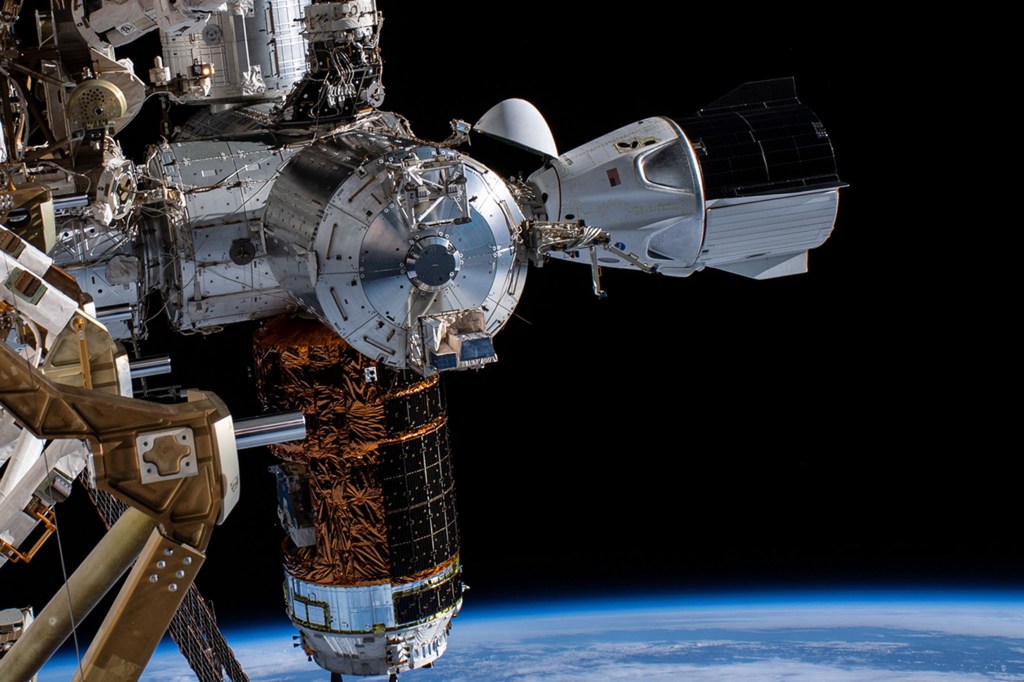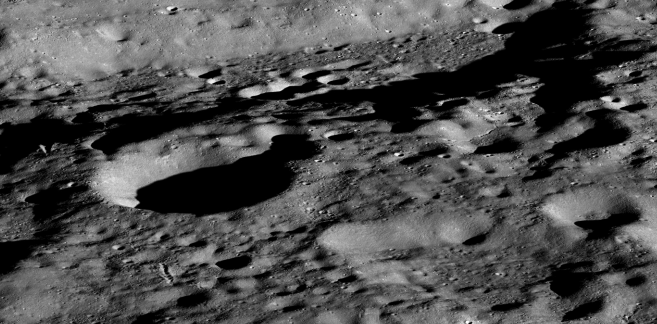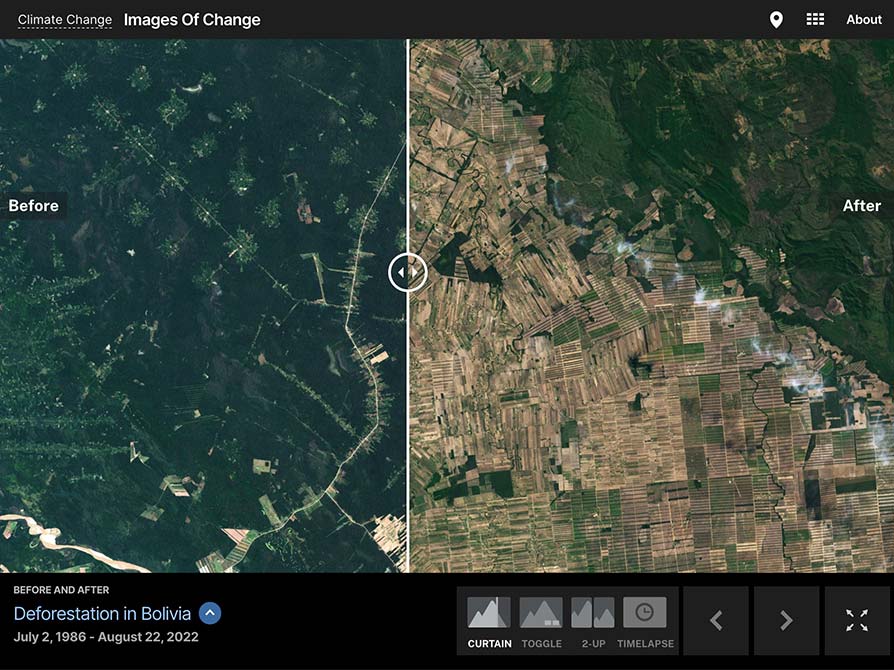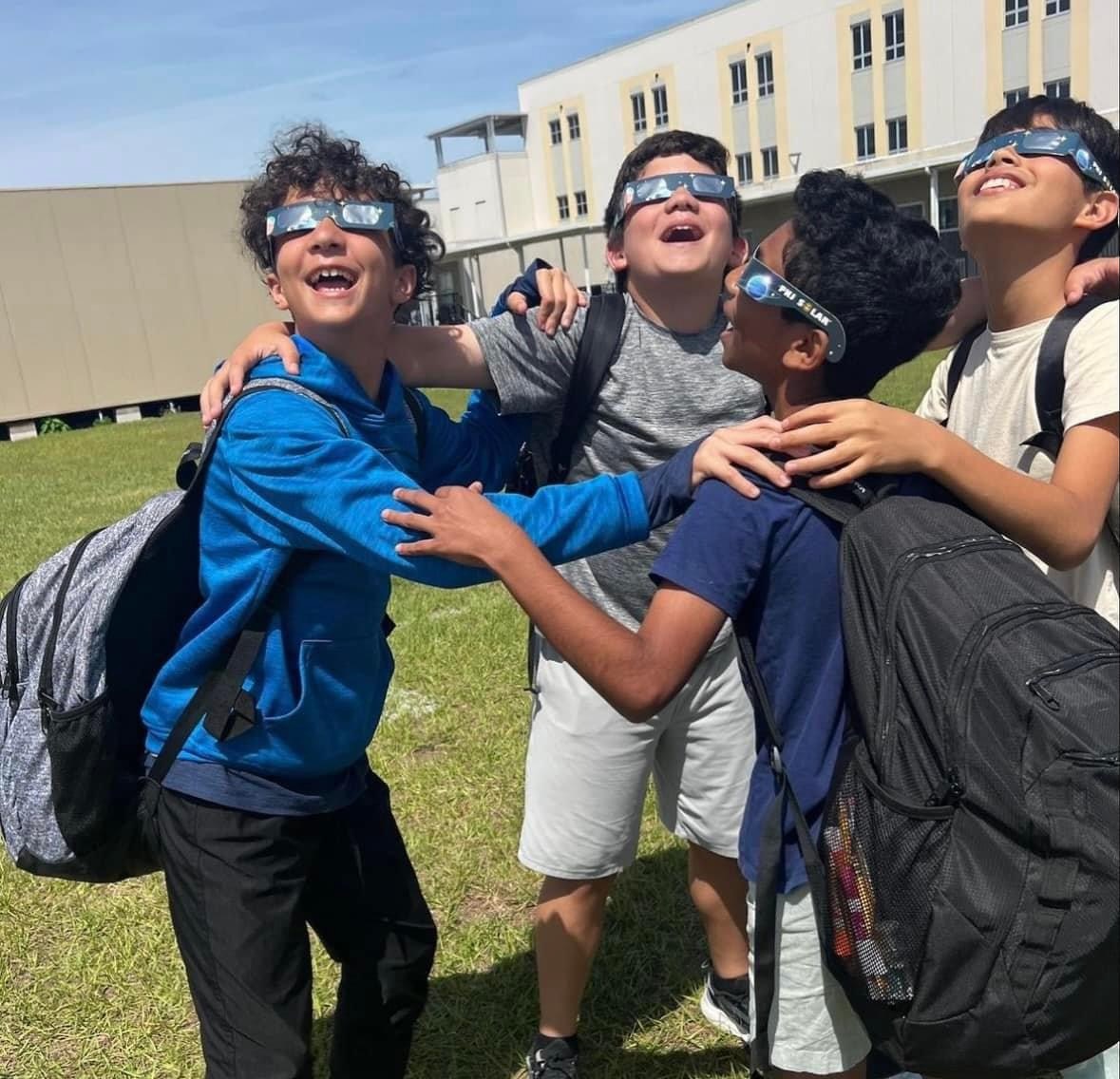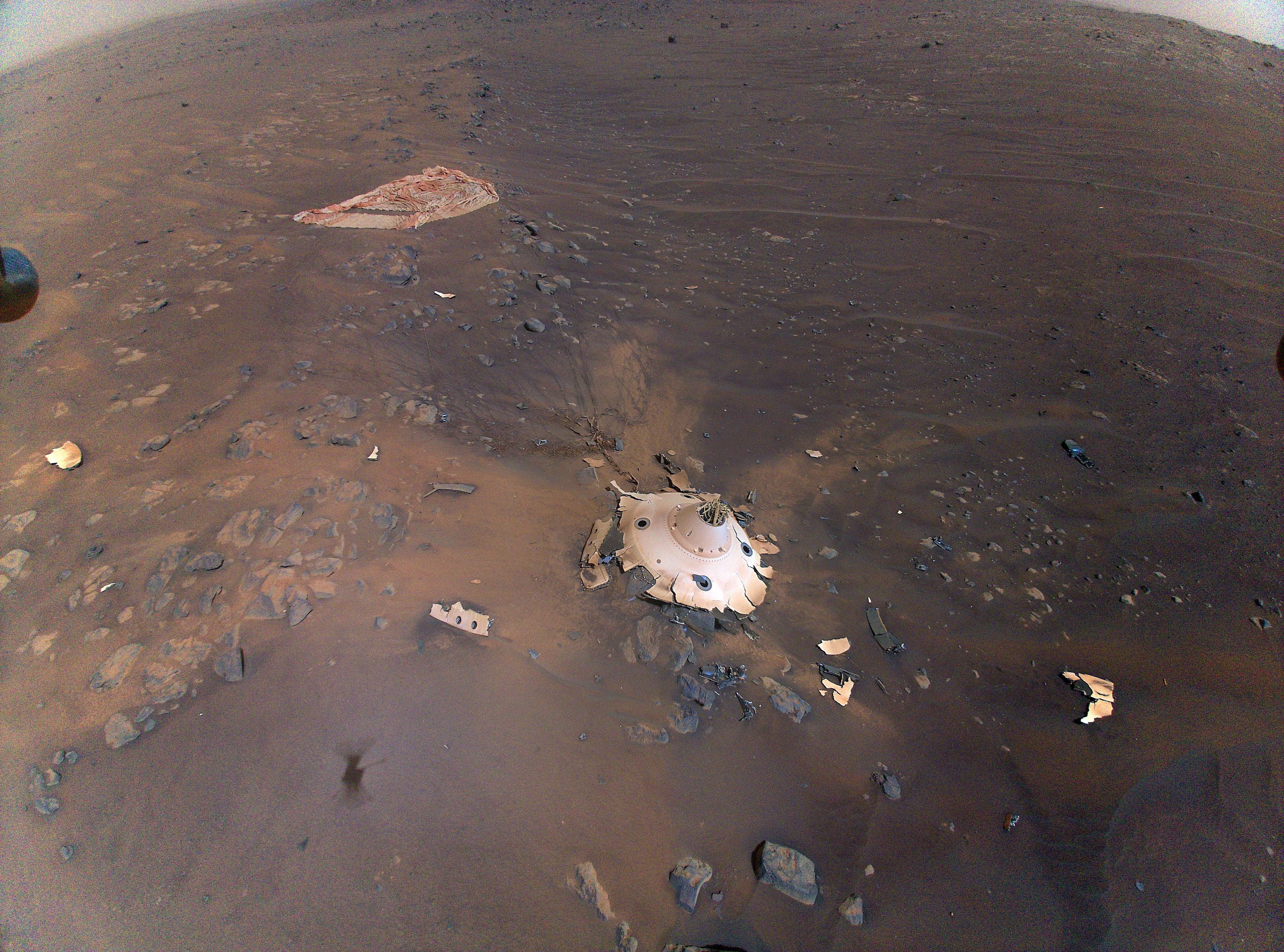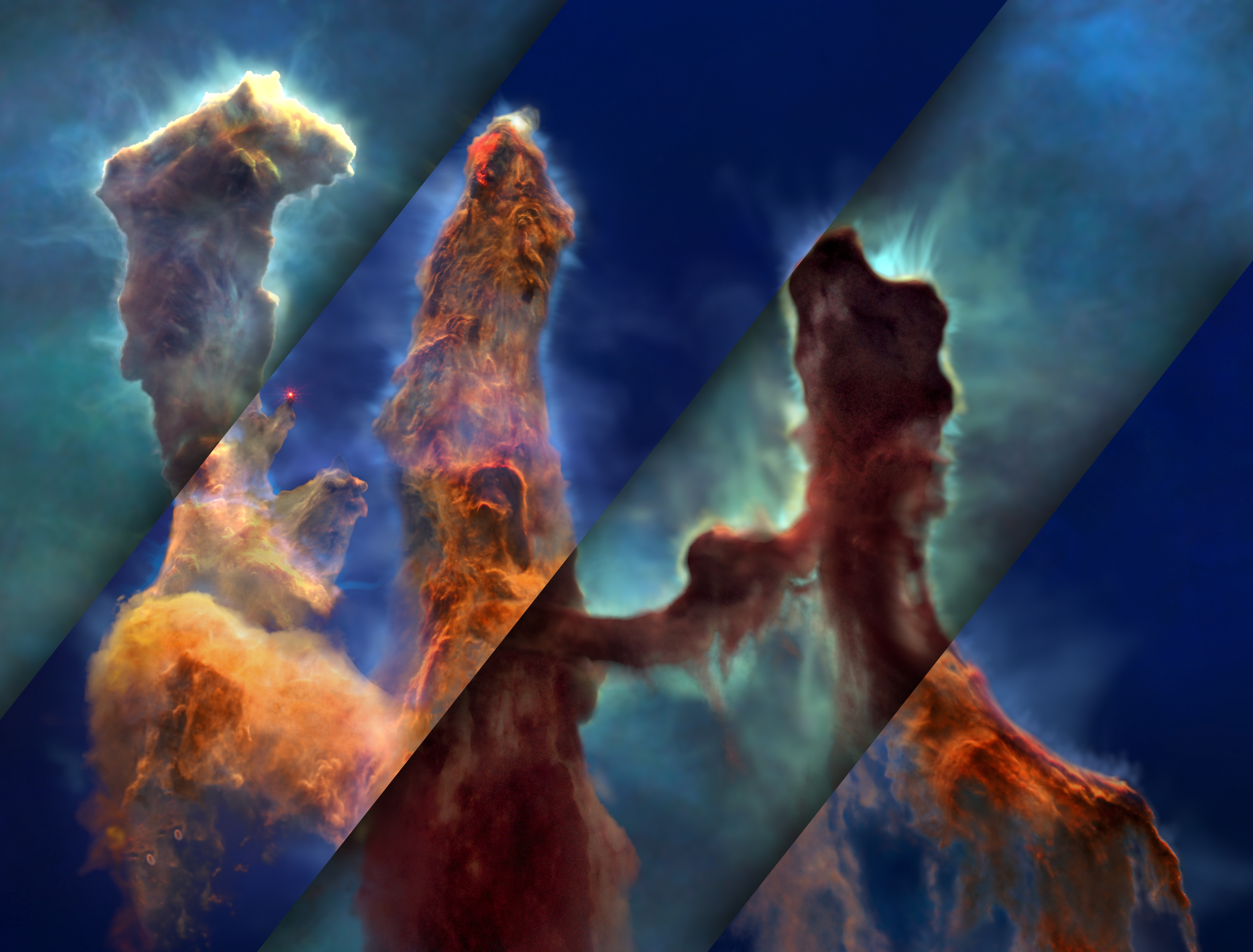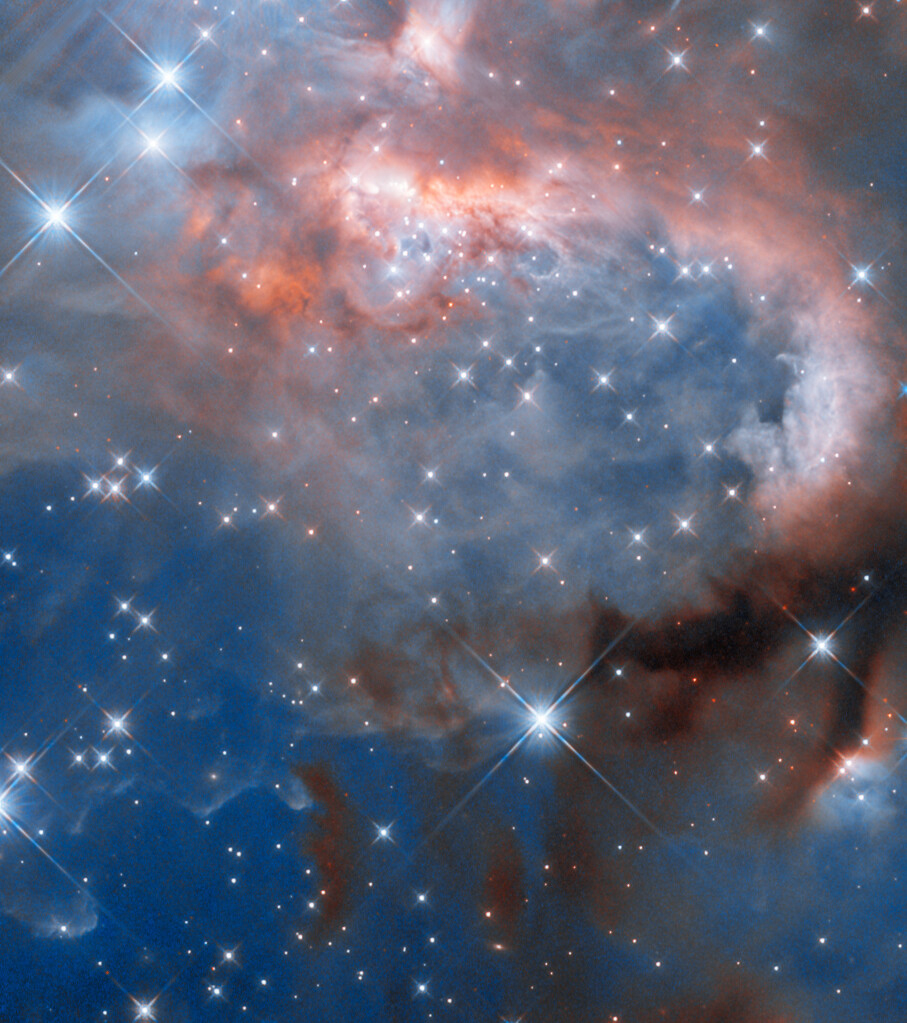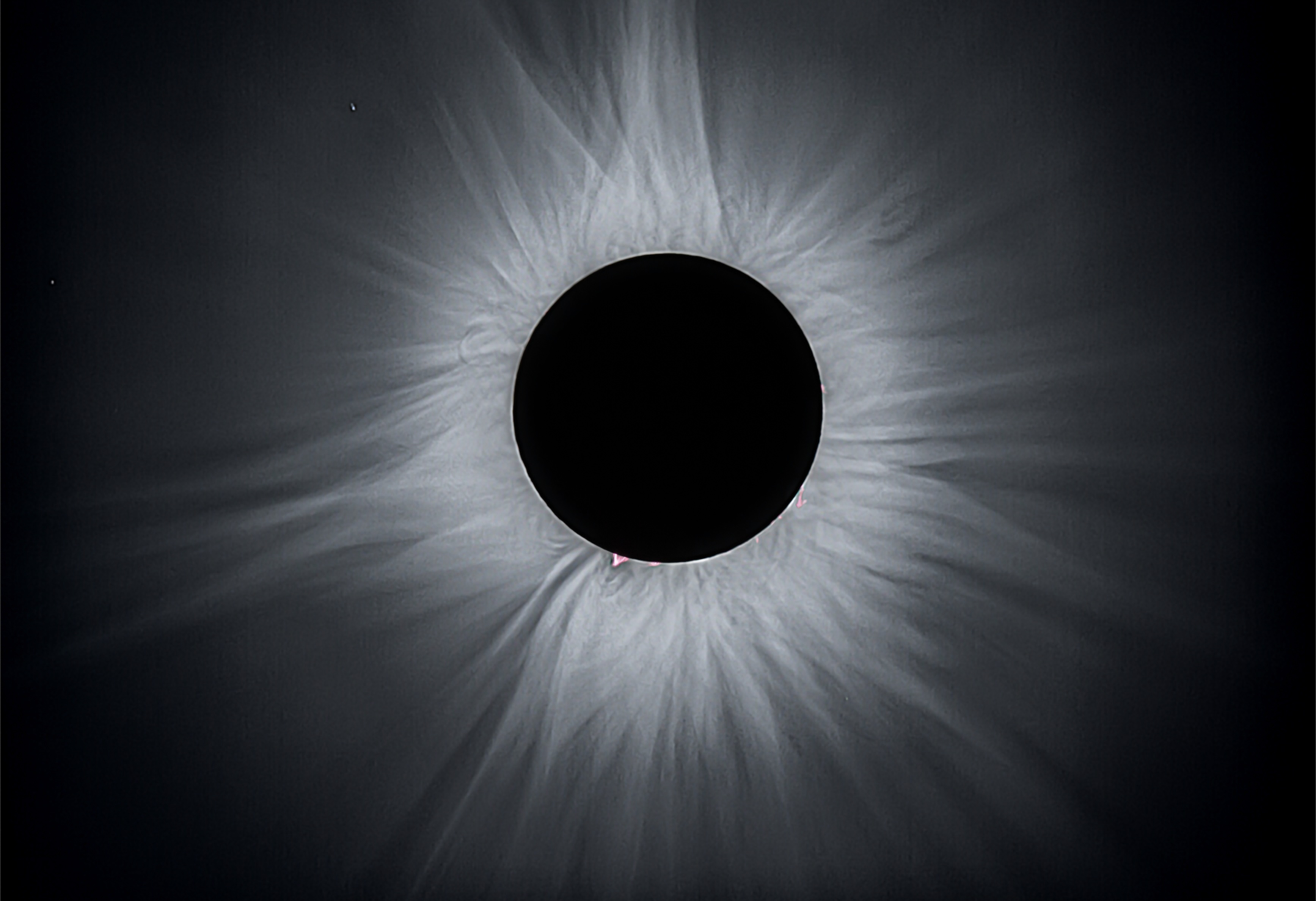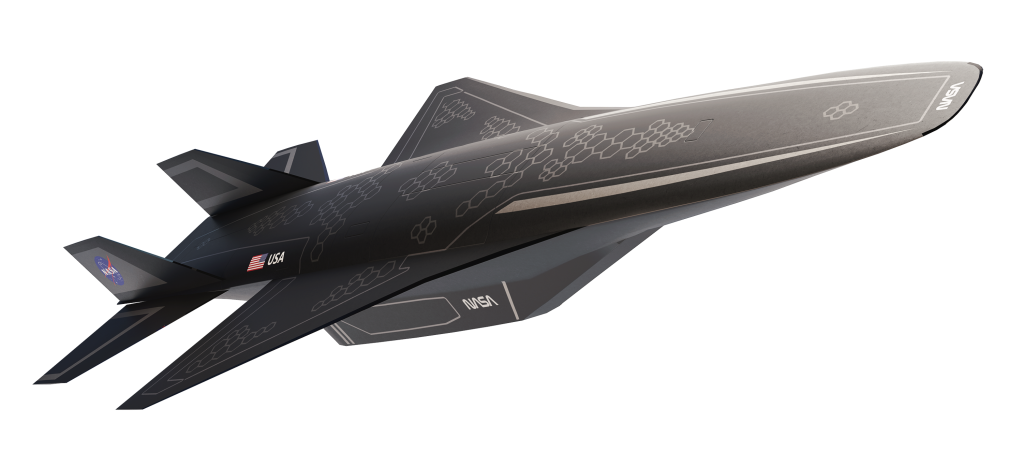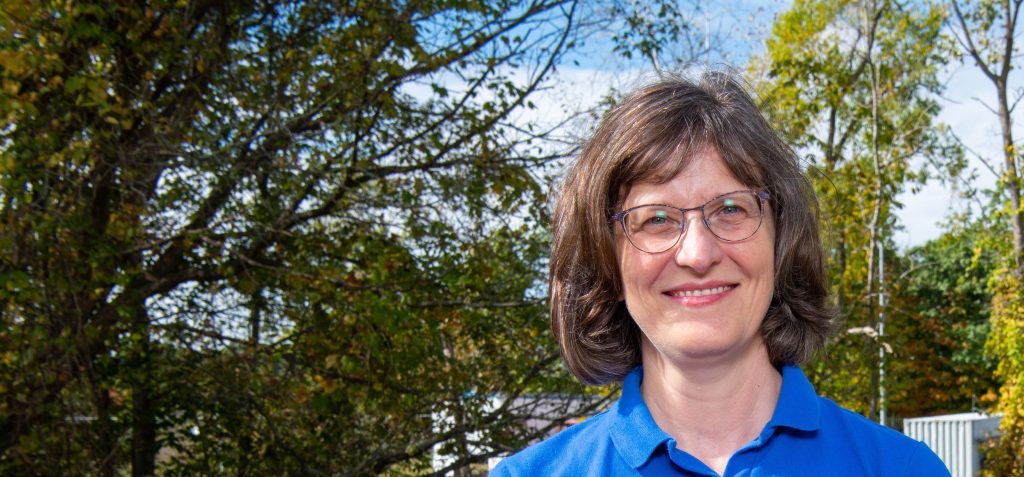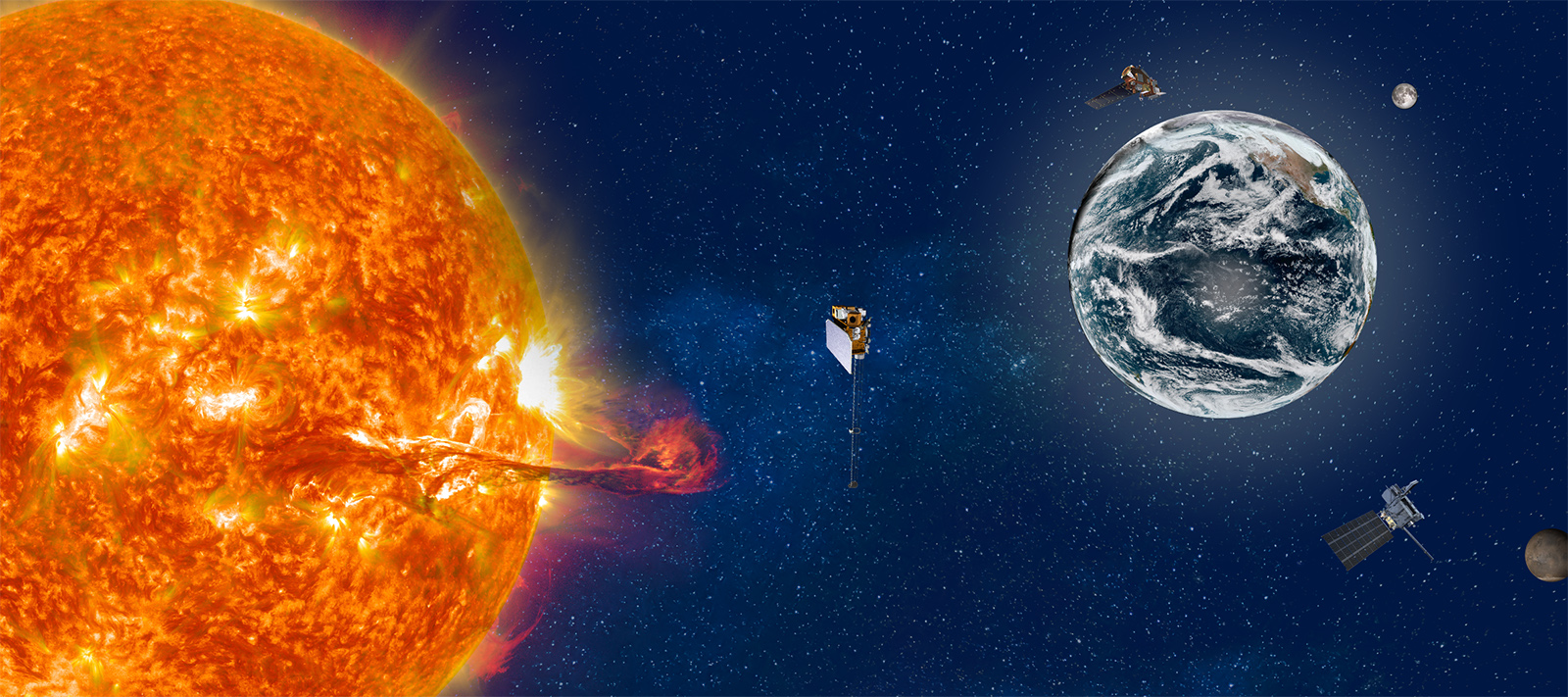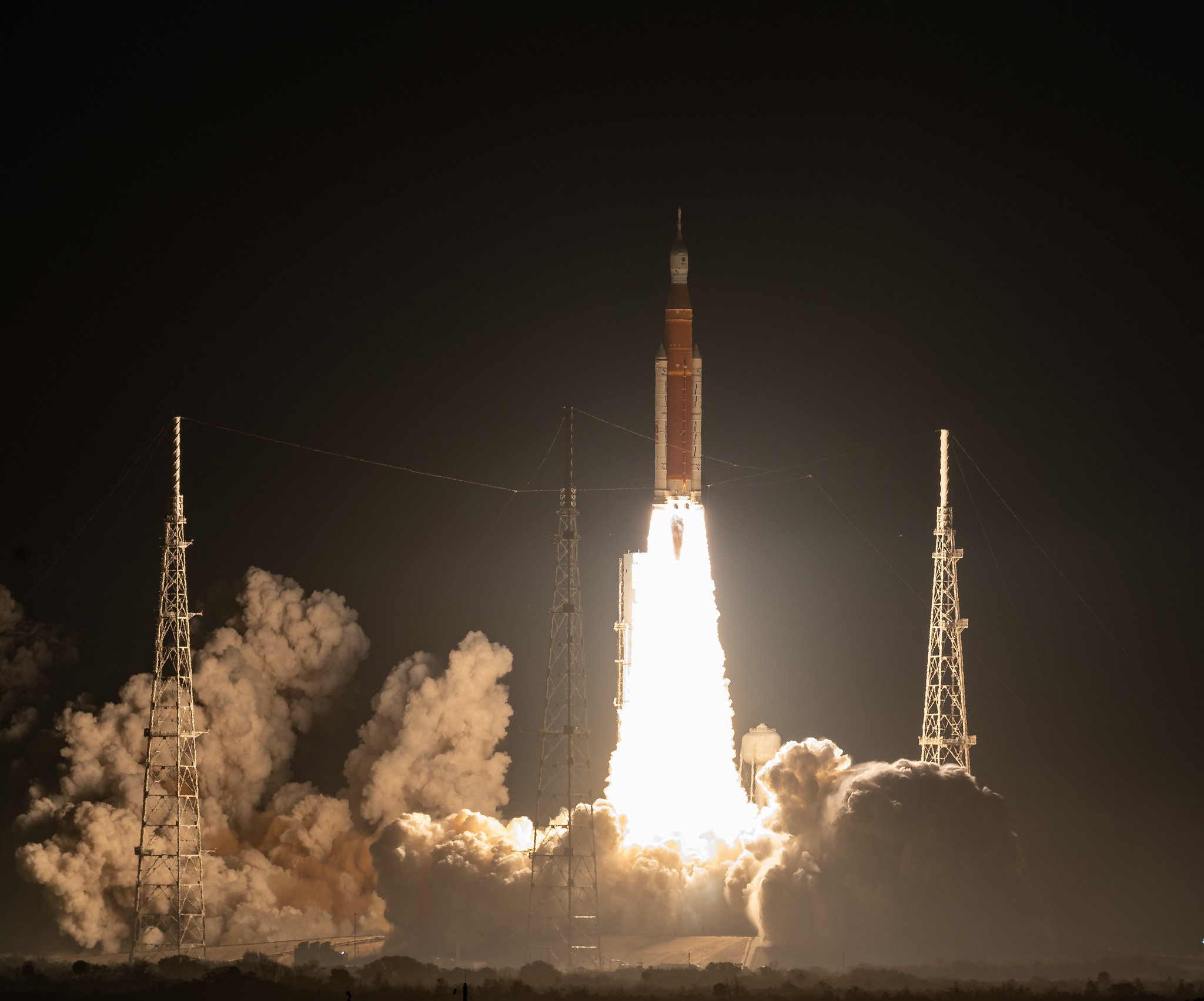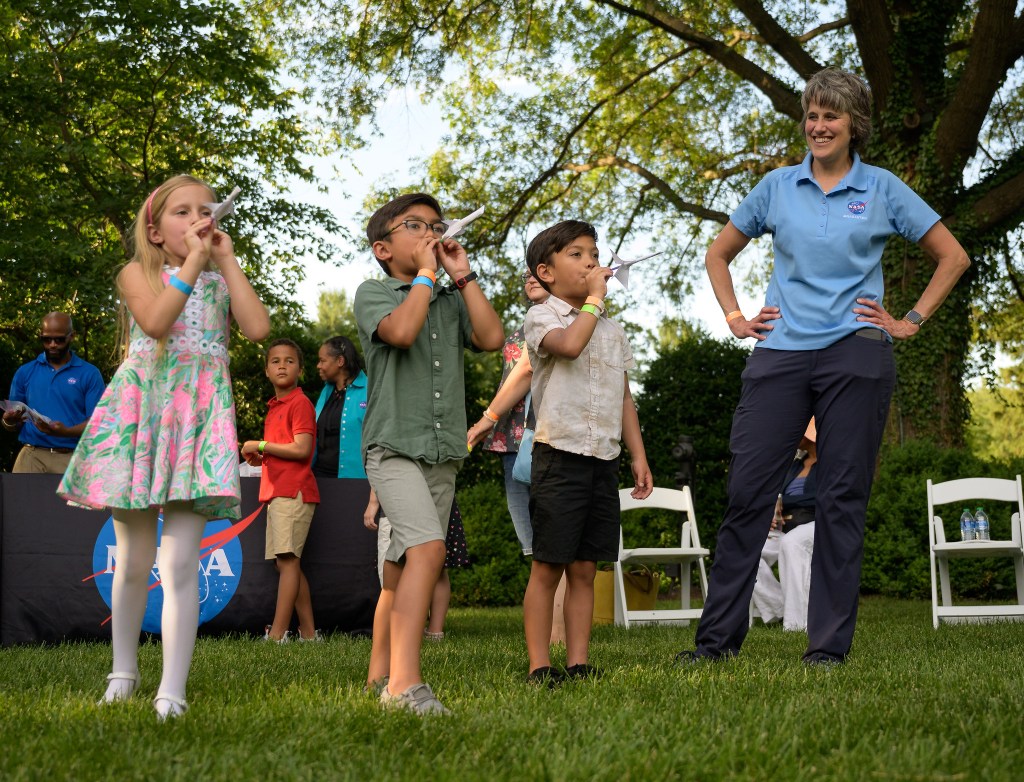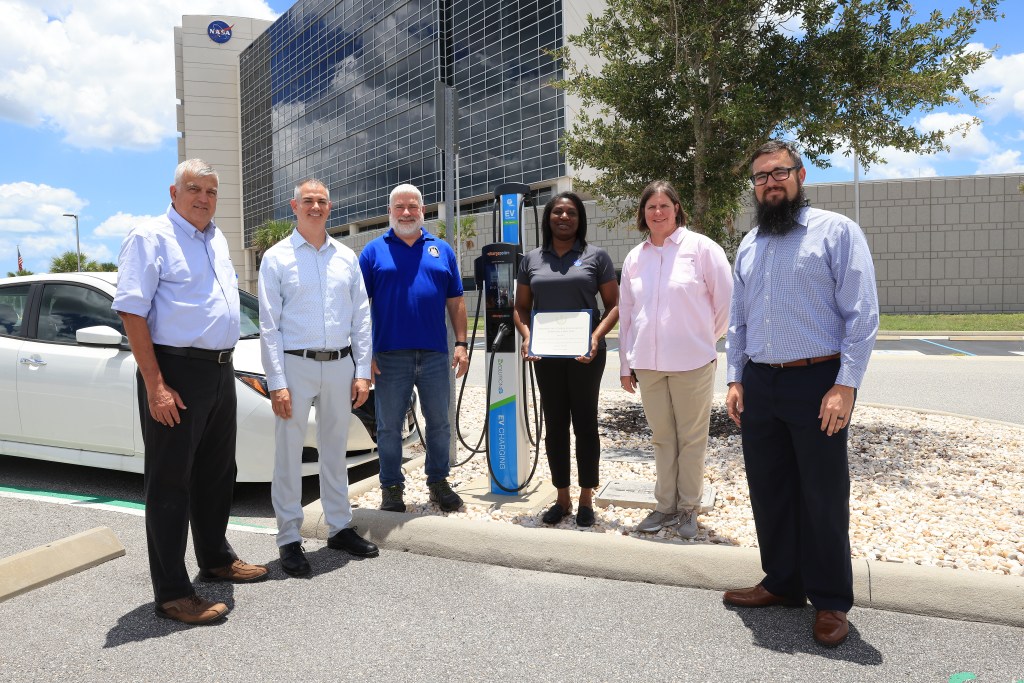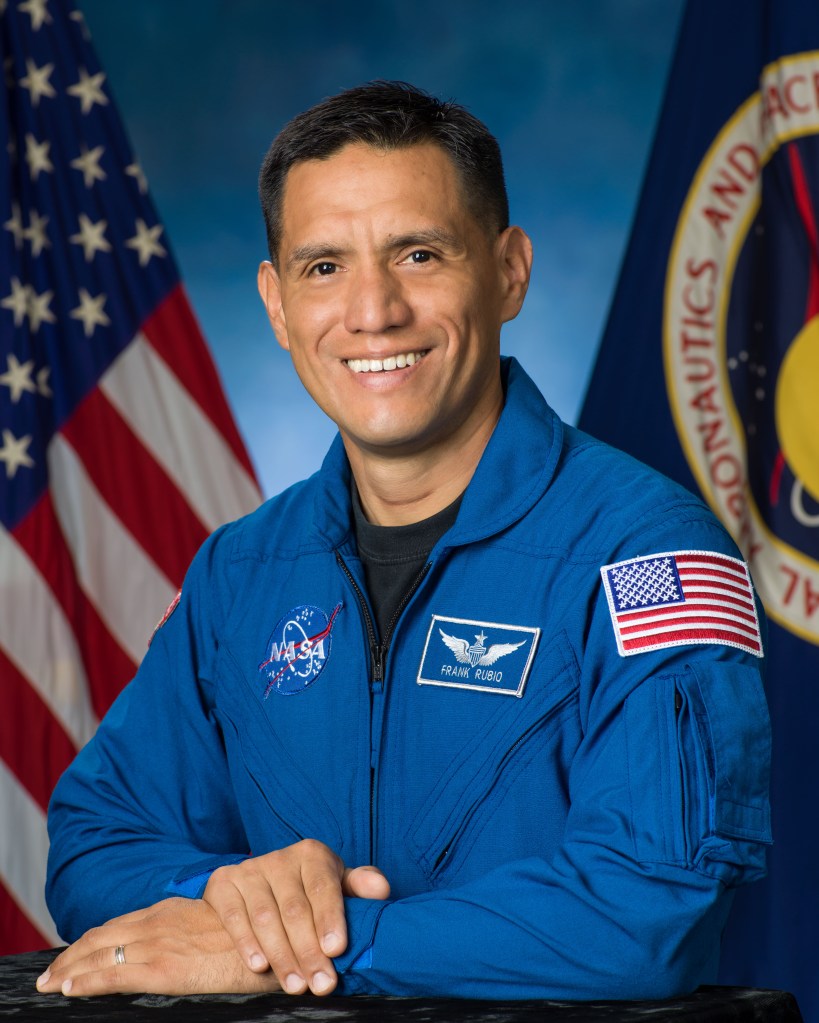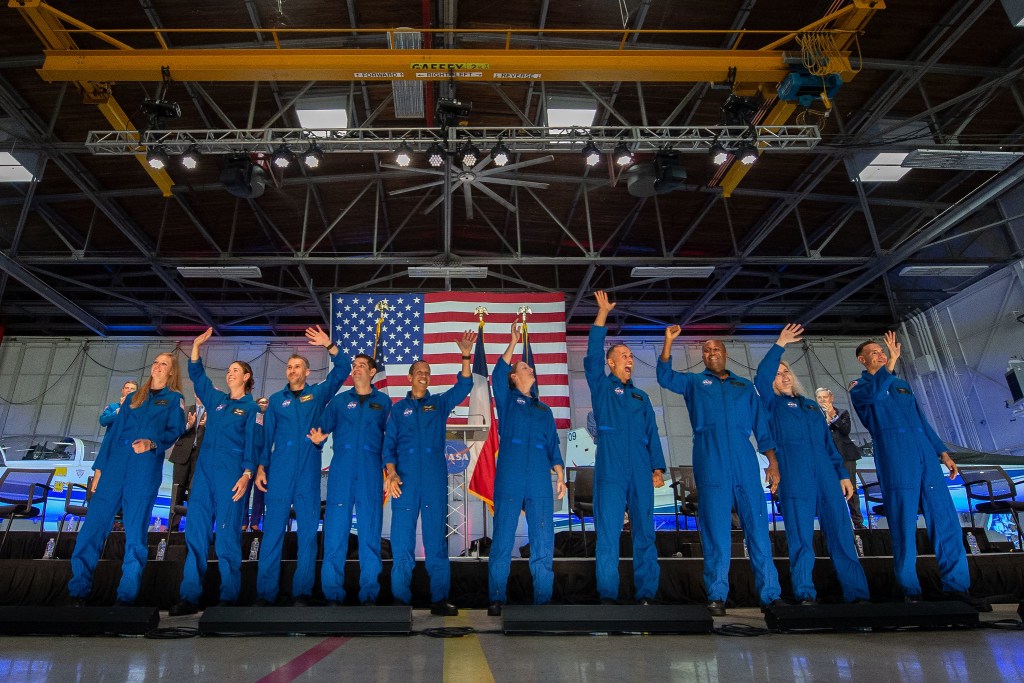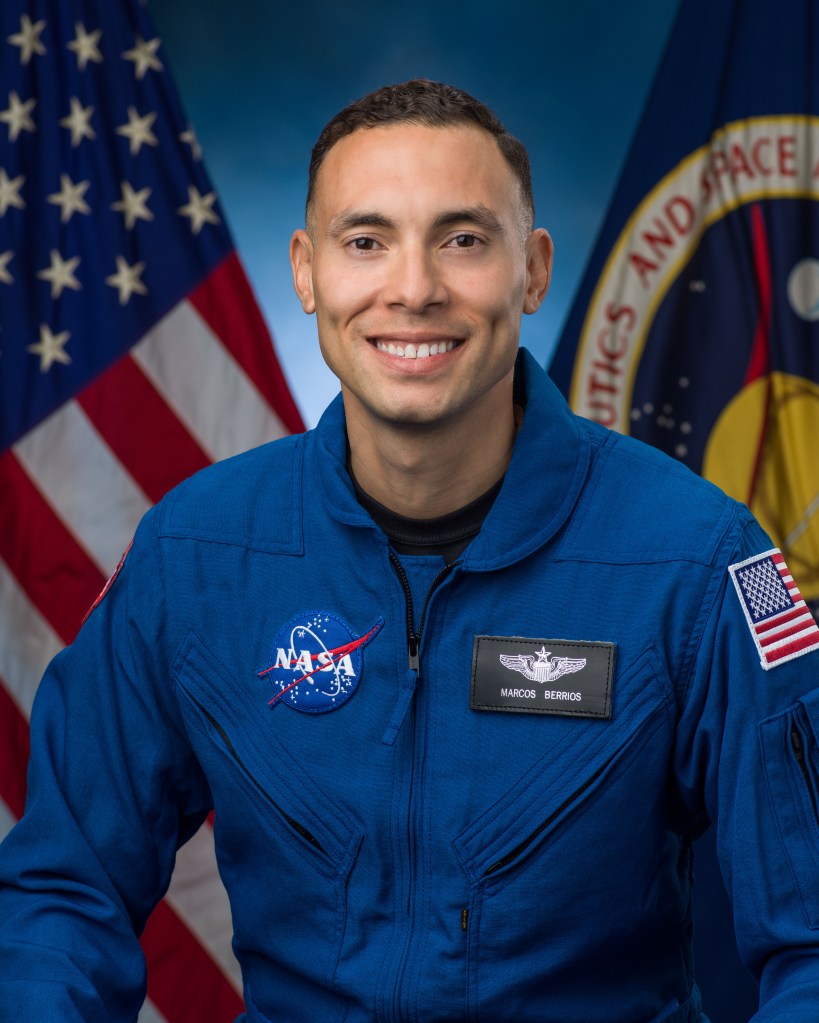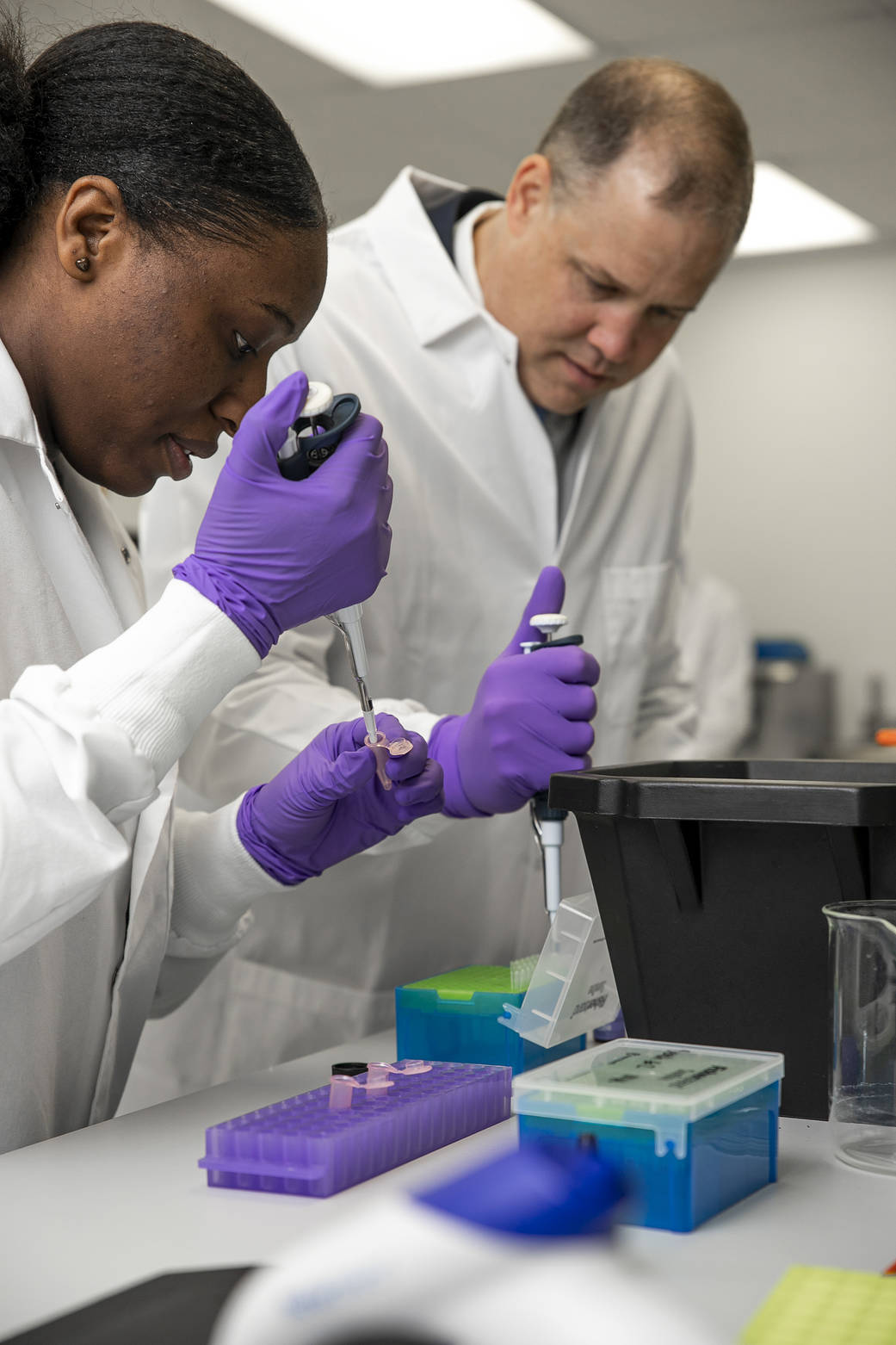LU-Nasas_2020_97
NASA Administrator Jim Bridenstine helps student Quiana Mcknight from Langston University conduct an experiment that is studying the effects of microgravity on the immune system. NASA’s Minority University Research and Education Project Institutional Research Opportunity (MIRO) funded the Langston University NASA Advanced Research in Biology Center in 2015 to focus on issues affecting crew members during spaceflight missions.
Photo Credit: Langston University / Brandon Clemoens
Student Quiana Mcknight from Langston University’s NASA Advanced Research in Biology Center (LUNAR-BC), is demonstrating an experiment to NASA Administrator Jim Bridenstine that may mitigate the risk to immune systems of crewmembers on extended spaceflight missions. The experiment is studying the effects of microgravity on the immune system (natural countermeasures of a dysregulated immune system) that crew members experience during spaceflight. The LUNAR-BC has partnered with NASA’s Johnson Space Center to develop natural countermeasures through plant extracts that will help restore astronauts’ immune systems in space.
Immune system dysregulation has been found to reactivate multiple latent viruses in astronauts during space flight missions. The researchers and students at Langston University have found a way to naturally treat this through the use of compounds found in plants extracts that will enhance the immune system during space flight missions and reverse the effects of microgravity. These medicinal plant extracts may play an important role in restoring immune function in astronauts on NASA’s Moon to Mars mission.
A signing ceremony celebrating NASA’s partnership with Langston University and DreamUp/ NanoRacks to place an immune cell culture payload on the International Space Station took place Feb. 13. NASA’s Minority University Research and Education Project (MUREP) Institutional Research Opportunity (MIRO) funded the LUNAR-BC to focus on issues affecting crew members under extended spaceflight conditions. MIRO is part of NASA’s Office of STEM Engagement and managed by NASA’s Armstrong Flight Research Center in California.
Elvia Valenzuela
NASA’s Armstrong Flight Research Center

